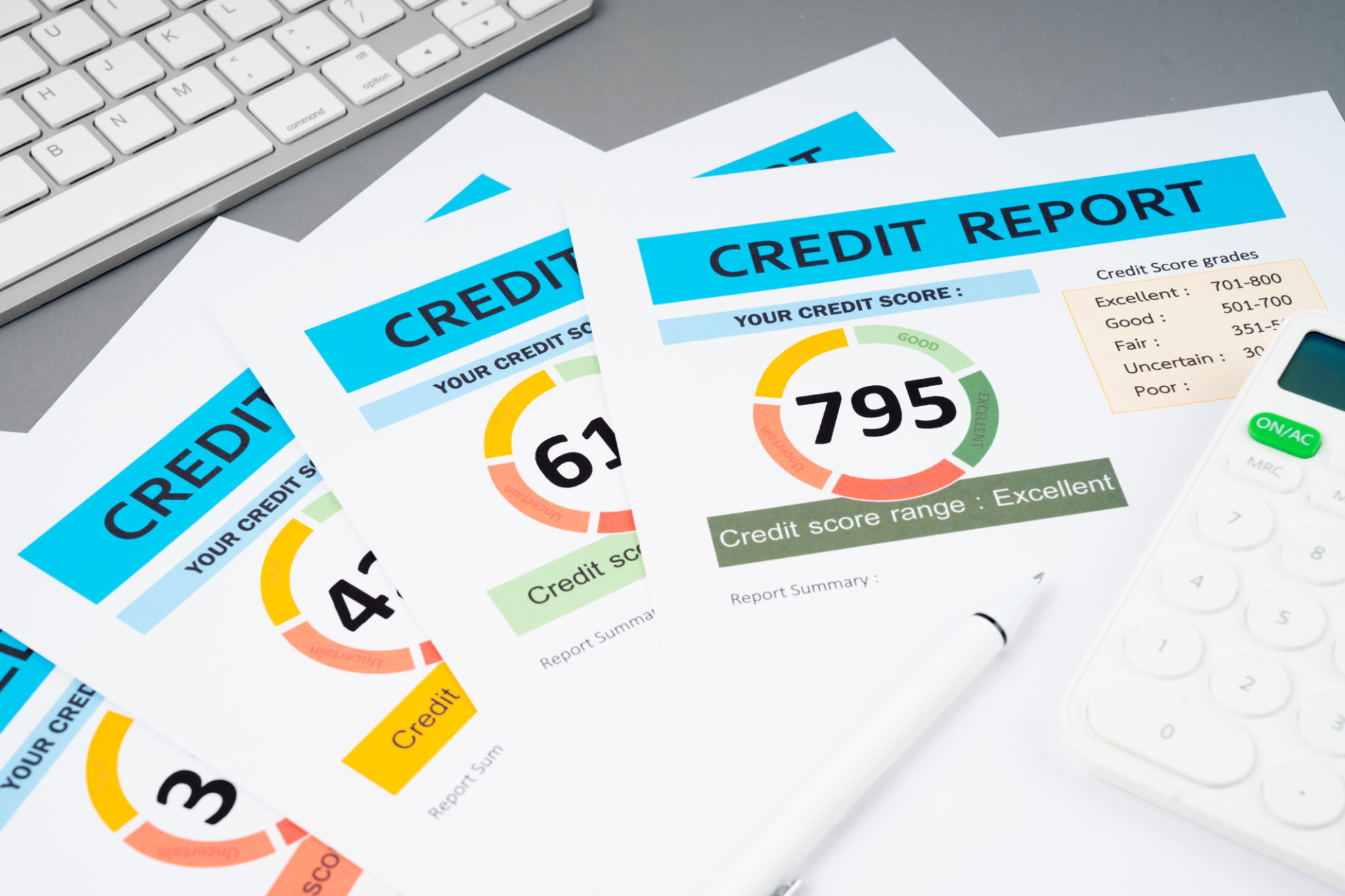Common Credit Myths Debunked: What You Should Really Know
When it comes to credit, misinformation abounds. Many people are influenced by myths that can negatively affect their financial decisions. Understanding the truth about credit is essential for making informed choices. Let's debunk some of the most common credit myths.
Myth 1: Checking Your Credit Hurts Your Score
A prevalent belief is that checking your own credit report will lower your credit score. In reality, this is not the case. When you check your own credit, it's considered a "soft inquiry" and does not impact your score. Regularly reviewing your credit report is a proactive way to monitor your financial health and catch potential errors early.

Myth 2: Carrying a Balance Improves Your Credit Score
Another widespread myth is that carrying a balance on your credit card month-to-month helps boost your credit score. The truth is, paying off your balance in full each month is more beneficial. Doing so demonstrates to lenders that you are a responsible borrower and can manage your credit effectively.
The Importance of Utilization Rate
Your credit utilization rate, or the amount of credit you're using compared to your credit limit, plays a significant role in your score. Keeping this rate below 30% is advisable to maintain a healthy credit profile.

Myth 3: Closing Old Accounts Will Improve Your Score
Some individuals believe that closing unused or old credit accounts will improve their credit score. However, this action can actually have the opposite effect. Closing an account can reduce your overall credit limit, potentially increasing your utilization rate, and it may also affect the length of your credit history negatively.
Consider Account Age
The age of your credit accounts contributes to your credit history length, which makes up about 15% of your total score. Keeping older accounts open can therefore be beneficial for maintaining a strong credit score.

Myth 4: All Debt is Bad for Your Credit
Not all debt is detrimental to your credit health. In fact, having a mix of different types of credit accounts, such as installment loans and revolving credit, can positively impact your score. It's all about managing these debts responsibly and making timely payments.
Distinguishing Good Debt from Bad Debt
Good debt often refers to debt that increases your net worth or has future value, like student loans or mortgages, while bad debt might include high-interest consumer loans or credit card debt with no return on investment.

Myth 5: You Only Have One Credit Score
Lastly, it's important to understand that you do not have just one single credit score. Different scoring models and credit bureaus may generate varying scores based on their criteria and the information they collect. This means you could have multiple scores at any given time.
It's crucial to stay informed and educated about how credit works to make sound financial decisions. By debunking these myths, you can take control of your financial future with confidence.
